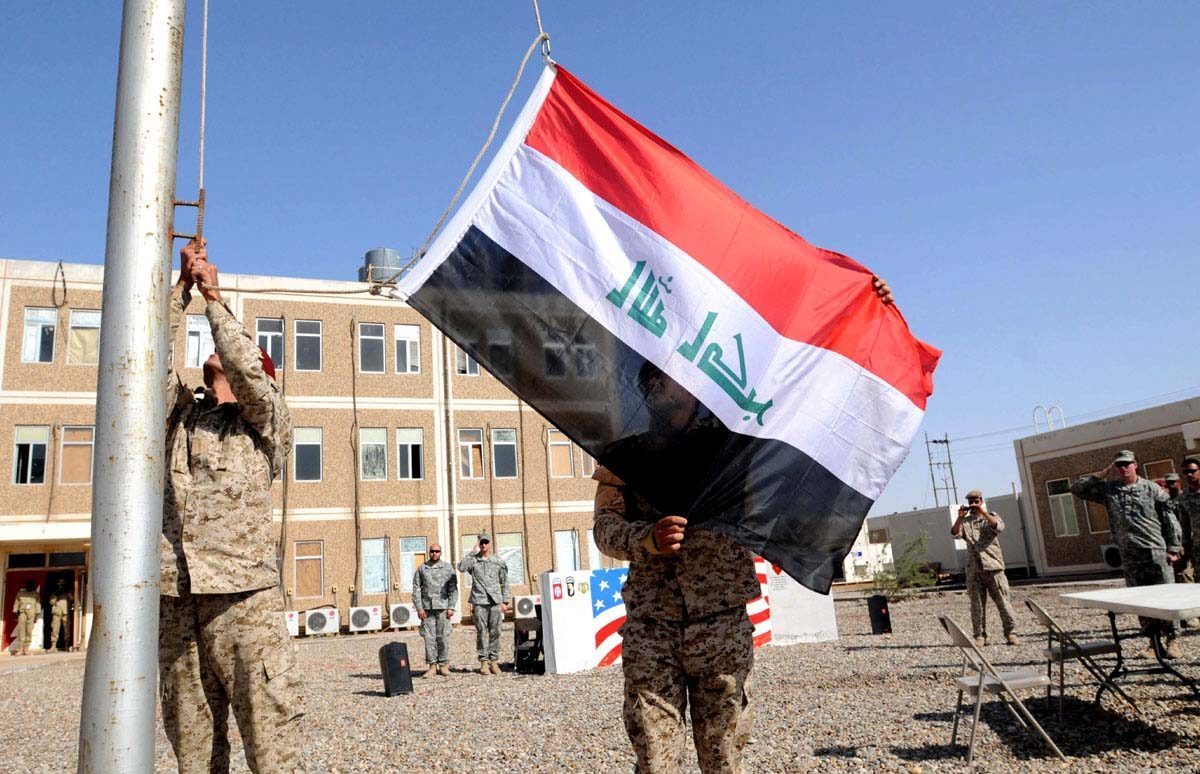
Nearly a quarter century after closing its embassy in Iraq, Qatar has appointed an ambassador to Iraq, signaling an improvement in relations between the two countries, agencies and Al Jazeera said yesterday.
According to the state-funded news network, Zayed al-Khayareen has been appointed by Qatar’s Emir as the “ambassador extraordinary and plenipotentiary to Iraq.”
The decision comes on the heels of a controversial conference that Doha hosted to discuss political issues in Iraq.

That event apparently upset Baghdad, prompting Iraq to recall its Charge D’Affaires ambassador to Qatar last week after what it called a “flagrant intervention in internal affairs.”
The foreign ministry said the conference included participants wanted in Iraq on terrorism charges, and that Qatar had failed to coordinate with the government before holding the event, Al Jazeera reported.
Qatar shut its embassy in 1990 after Iraq invaded Kuwait.
Relations between the two countries had further deteriorated under the former Prime Minister Nouri al-Maliki, who in March of last year had publicly accused Saudi Arabia and Qatar of openly funding the Sunni fighters of the Islamic State of Iraq (ISIL).
Both countries have denied the allegations.
However, in May, Qatar’s foreign minister made the first high-profile visit to Iraq since 2003, and the two countries agreed then to reopen the embassy in Baghdad.
Iran concerns
Last September, Haider Al-Abadi became Iraq’s new prime minister, and has sought to improve relations with the Sunni Gulf states, who have long perceived Iraq as a close ally to Shia Iran.
In May, Al-Abadi reassured Saudi Arabia that Iraq is not a “gateway for Iran” and will not take part in regional conflicts between the two countries, according to the Peninsula.
“We do not want to enter in to regional conflicts, and if there are regional conflicts between Saudi Arabia and Iran, Baghdad will not be involved,” he said.
Earlier this year, Saudi Arabia also said it intended to reopen an embassy in Baghdad, and has invited Abadi to visit the kingdom, according to Reuters.

Iran is a longstanding concern for the Gulf states, one that analysts have said is propelling the conflict in Yemen.
David Roberts, a lecturer at King’s College in London, previously told Doha News that there are concerns that the conflict there would give Iran a chance to gain a foothold over the Arabian Peninsula via the Houthi rebels.
Last week, Qatar had had deployed some 1,000 ground troops to Yemen, following the death of at least 60 soldiers from the Gulf countries last week.
Thoughts?







